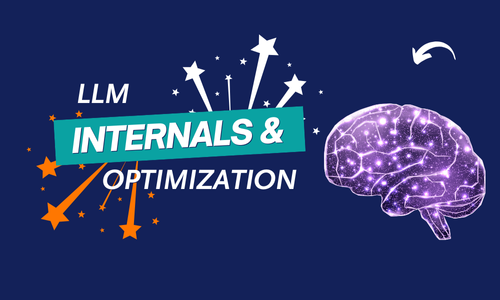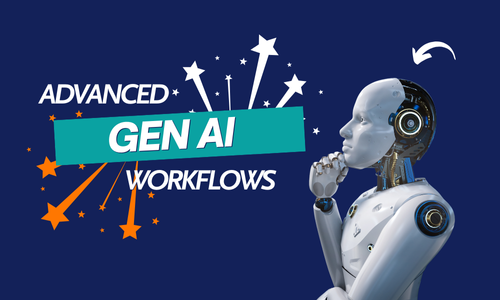The LLM Internals and Optimization course is designed to provide a deep dive into the architecture, training, and fine-tuning of Large Language Models (LLMs). This course will help AI researchers, developers, and ML engineers gain an in-depth understanding of LLM internals, optimization techniques, and efficient deployment strategies.
Through structured learning and hands-on implementation, learners will explore the intricacies of transformers, tokenization, embeddings, reinforcement learning for LLMs, and advanced optimization techniques like quantization, pruning, and knowledge distillation.
What You Will Learn
- Core LLM Architecture – Understand the fundamentals of transformer models, attention mechanisms, and different LLM architectures (Encoder-only, Decoder-only, and Encoder-Decoder models).
- Training & Fine-tuning – Explore pretraining methodologies, hyperparameter tuning, data augmentation, and transfer learning approaches for LLMs.
- Optimization Techniques – Learn about quantization, pruning, knowledge distillation, and reinforcement learning techniques like RLHF (Reinforcement Learning from Human Feedback).
- Efficient Model Deployment – Master techniques for reducing computational overhead, using vector databases, memory-efficient inference, and deploying LLMs at scale with Kubernetes, Helm, and Nvidia NIM.
- Monitoring & Evaluation – Track model performance, assess LLM biases, analyze response quality, and optimize AI workflows using custom metrics and automated feedback loops.
This course is ideal for AI professionals, ML engineers, and researchers looking to understand LLM internals, optimize performance, and deploy AI models efficiently in real-world applications.
Prerequisites for LLM Internals and Optimization
-
Solid Python Proficiency: Intermediate-level Python programming skills to implement and optimize models.
-
Basic Machine Learning & Neural Networks: Foundational knowledge of machine learning concepts and neural network architectures.
-
Understanding of Transformer Models: Familiarity with transformers, attention mechanisms, and how they power language models.
-
Mathematical Foundations: Comfort with basic statistics, linear algebra, and calculus to grasp model optimization techniques.
-
Interest in Model Fine-Tuning: Eagerness to delve into advanced model optimization techniques such as quantization, pruning, and reinforcement learning.


